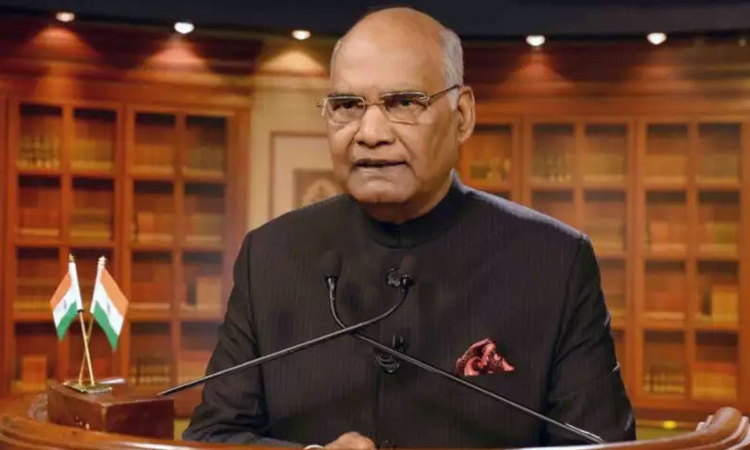Explainer : The Law Used To Bypass Cabinet Decision To Revoke President's Rule In Maharashtra
Gaurav Mishra
26 Nov 2019 6:53 AM IST

Next Story
26 Nov 2019 6:53 AM IST
The tussle for power in Maharashtra among BJP, Congress, Shivsena and NCP, continued for weeks post the assembly election result. BJP, which emerged as the single largest party, could not stake a claim for the government owing to disagreement on equal sharing of power with its former ally, Shiv Sena. Since every party had failed to prove the majority, President's rule was imposed on November...
